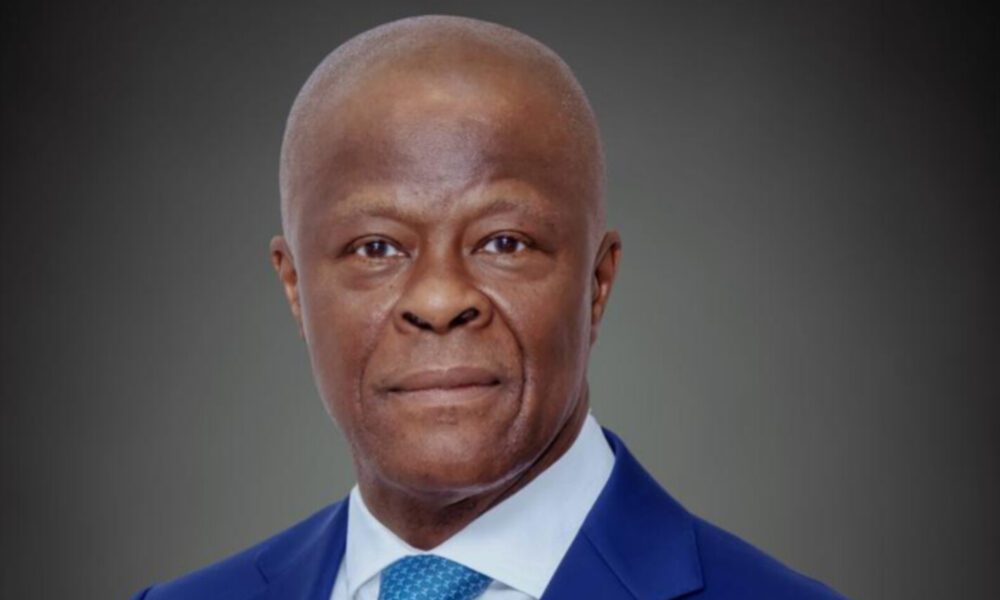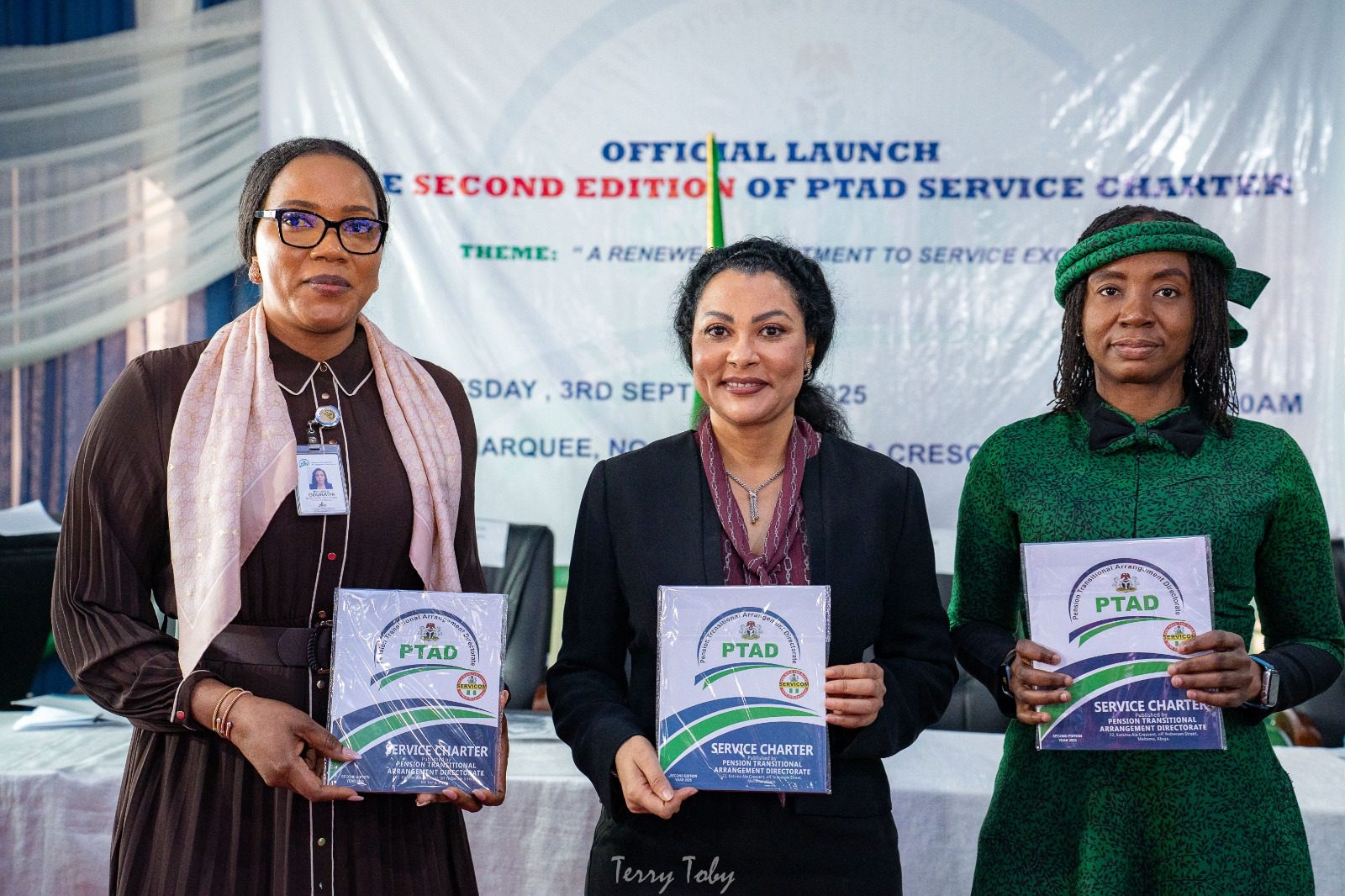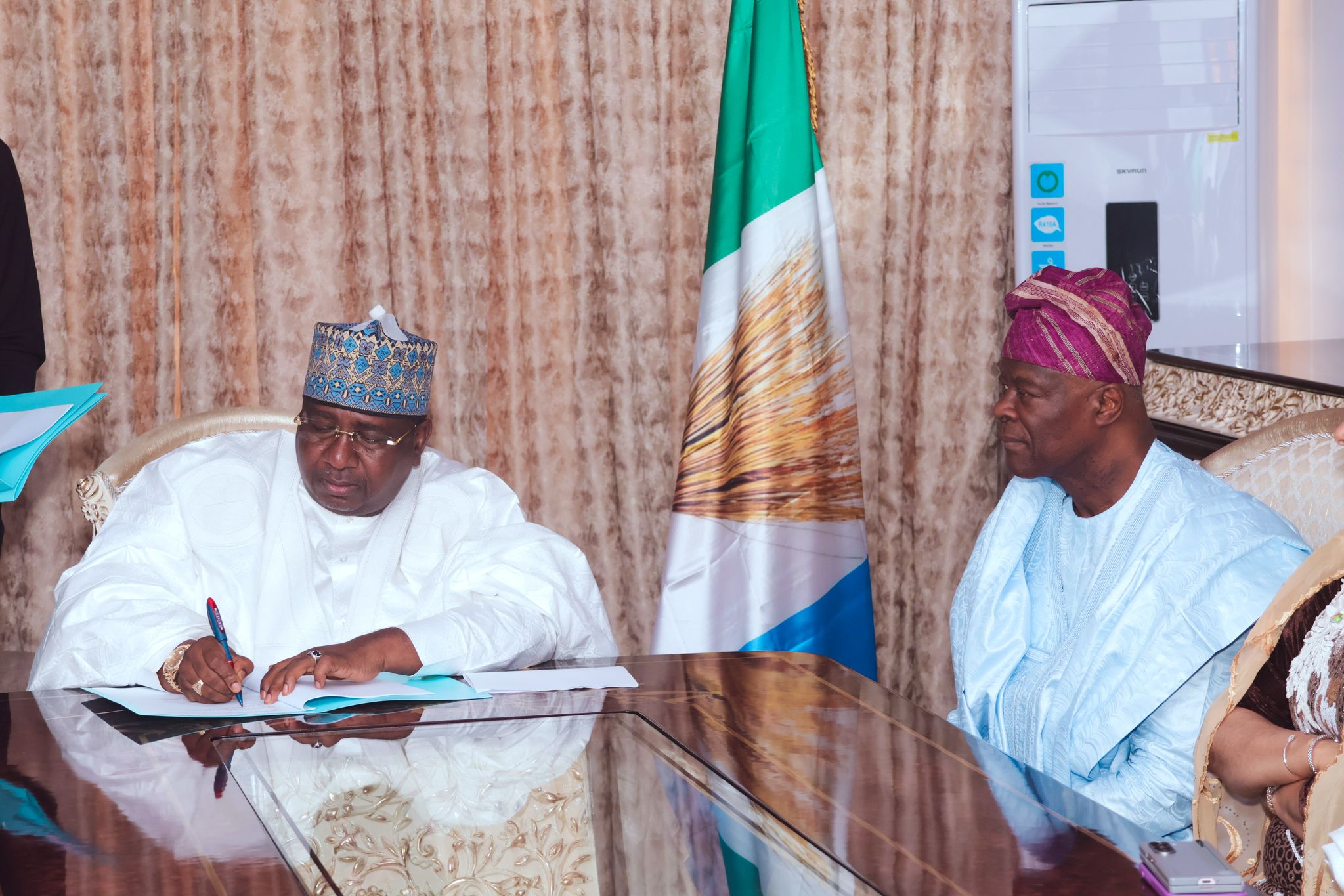In a strategic move to boost the efficiency of Nigeria’s civil service, the Minister of Finance and Coordinating Minister of the Economy, Mr. Wale Edun, has officially launched the Performance Management System (PMS) in Abuja.
This initiative which is in tandem with the Federal Civil Service Strategy and Implementation Plan 2021-2025 (FCSSIP 25), is aimed at reforming and modernizing public service delivery in the country.

During the launch, Minister Edun highlighted the critical importance of the PMS in achieving Nigeria’s developmental objectives.
The director of Information and Public Relations, Muhammed Manga in a statement quoted the Minister to have emphasized that a well-structured performance management framework is essential for enhancing productivity and service delivery within the civil service.
“As public servants, we play a vital role in serving the nation. Let us embrace a culture of excellence and efficiency to make Nigeria proud,” Edun stated, calling on staff to prioritize their performance in their daily work.
To further embed this culture, Edun declared every Thursday as Performance Management System Day, encouraging all ministry staff to focus on their performance metrics.

In her opening remarks, Permanent Secretary of the Federal Ministry of Finance, Mrs. Lydia Shehu Jafiya, underscored the significance of the PMS in aligning the Ministry’s objectives with FCSSIP 25. She noted that today marks a crucial milestone in the journey towards public service excellence, enabling the Ministry to track progress and identify areas for improvement.
The statement outlined Key features of the PMS include, regular Performance Evaluations: Providing ongoing feedback to staff, Goal Setting, Establishing clear objectives for departments and individuals and
Performance-Based Promotions to Ensure that promotions are based on merit and contributions.
The launch of the Performance Management System the statement said is areflection the Federal Ministry of Finance’s commitment to efficient service delivery, supporting the overarching goal of revitalizing Nigeria’s economy under the Renewed Hope Agenda of President Bola Ahmed Tinubu’s administration.




